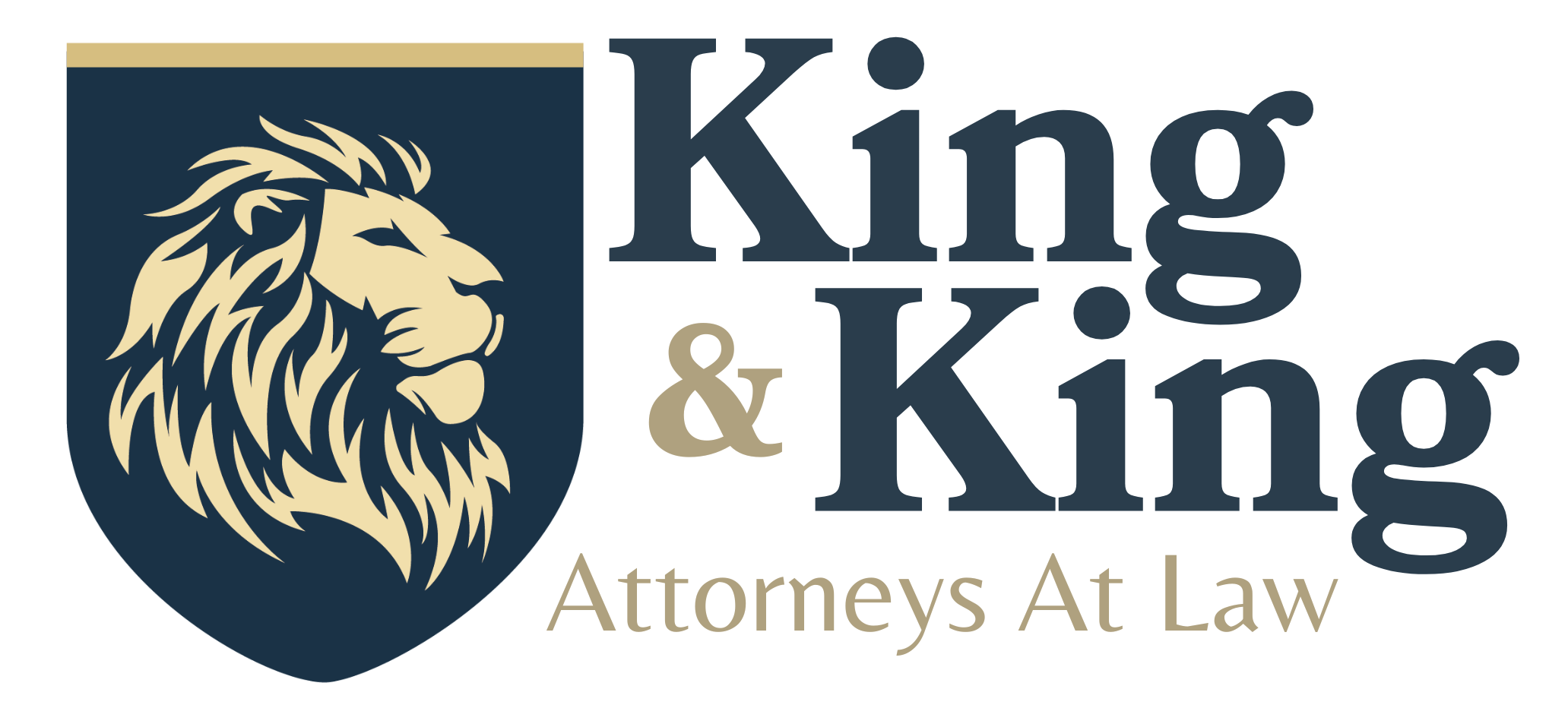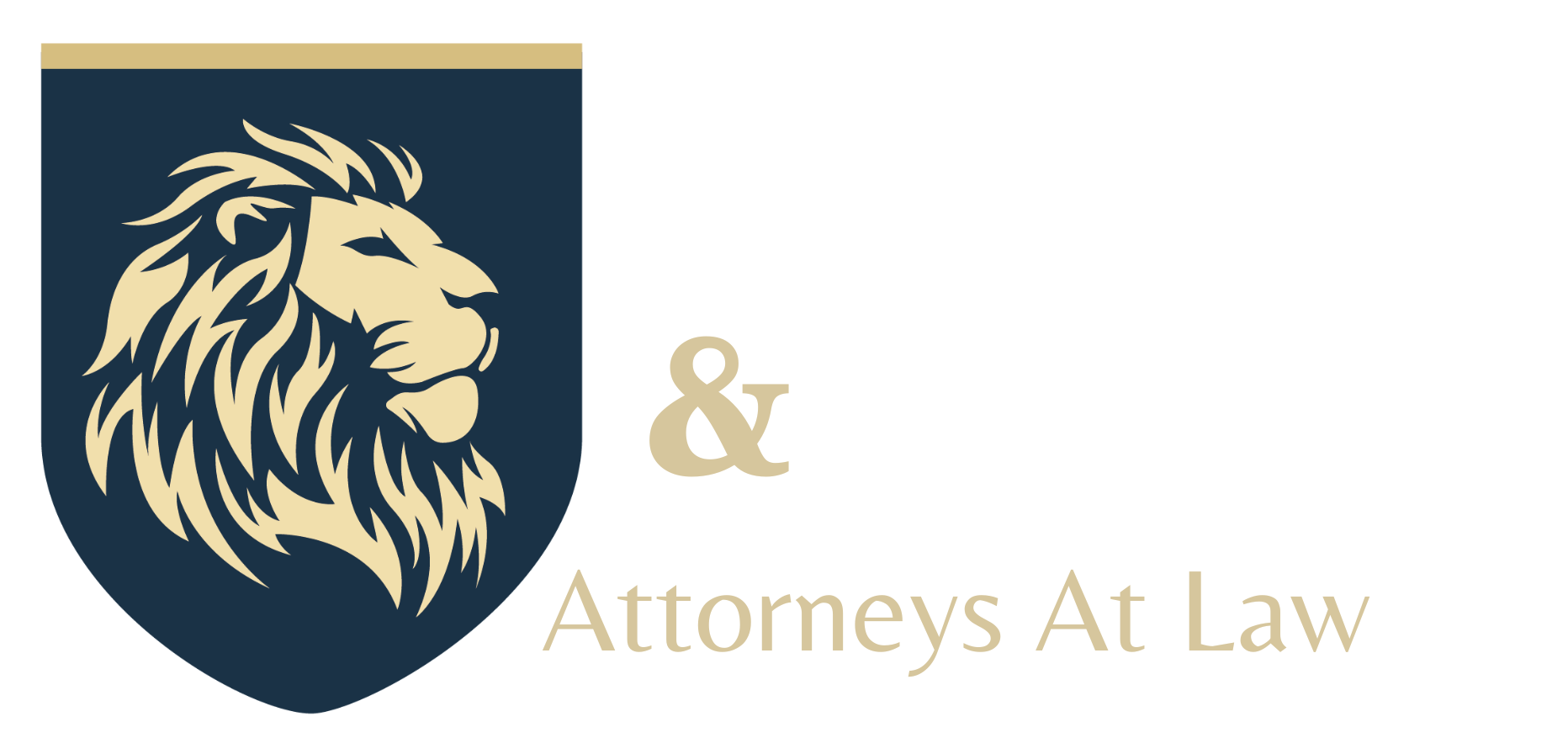
Proposed Changes to How Your Retirement Plan is Managed
Prevent Excessive Accumulation
The Greenbook outlines proposals on several different topics. One proposal that could directly impact your future financial security is the proposal to prevent excessive accumulations of wealth by high-income taxpayers using tax-favored retirement accounts. Tax-favored (sometimes referred to as tax-deferred) retirement accounts, such as individual retirement accounts (IRAs) and 401(k)s, were approved by the federal government as a method of encouraging American citizens to save money for retirement. These accounts allow individuals to contribute a portion of their earnings to an investment account without taxes being withheld at the time of contribution. The money invested can grow with tax liability being delayed until the monies are withdrawn from the retirement account. In 2021, 87 percent of US citizens who were sixty-years-old or older had some type of retirement savings. [1] According to the latest findings, the average balance in American retirement accounts was $141,542 in 2021. [2] However, the Joint Committee on Taxation estimates that as of 2022, there are roughly 500 taxpayers with retirement accounts worth $25 million or more, and over 28,000 additional retirement accounts worth $5 million or more. [3] Because of the special tax treatment afforded retirement accounts, some high-income people have started using these accounts as wealth transfer tools. An individual is in the high-income category if their modified adjusted gross income is over $450,000 if married filing jointly, over $425,000 if head-of-household, or over $400,000 in other cases. [4] Some high-income taxpayers have been able to accumulate amounts in “tax-favored retirement arrangements that are far in excess of the amount needed for retirement security.” [5] According to the Greenbook, “the exemption from required minimum distribution rules for Roth IRAs means that a taxpayer who has other sources of retirement income could choose to continue accumulating investment returns on a tax-favored basis until the taxpayer dies, which means that the tax-favored retirement arrangement could be passed on in its entirety to the taxpayer’s heirs.” [6]
Special Distribution Rules for Large Account Balances
To prevent such “excessive accumulations” by individuals, the Greenbook contains proposals that would modify rules related to retirement accounts. One such proposal would impose special distribution rules on high-income taxpayers with large account balances. Under the proposal, ahigh-income taxpayer with an aggregate vested account balance in a tax-favored retirement account exceeding $10 million would be required to distribute a minimum of 50 percent of the excess. [7] “[I]f the high-income taxpayer’s aggregate vested account balance under these tax-favored retirement arrangements exceeded $20 million, then the required distribution would be subject to a floor.”8 “The floor is the lesser of (a) that excess and (b) the portion of the taxpayer’s aggregate vested account balance that is held in a Roth IRA or designated Roth account.” [9] Commentators have suggested that this proposal is simply a rehashing of the mega-IRA proposals in the Build Back Better Act. [10] Based on a $10 million threshold, the proposal would not likely affect the majority of retirement plan participants. [11] However, for those individuals who have accumulated more than $10 million in their retirement account, the proposed changes would greatly limit their ability to retain balances in excess of $10 million and use these accounts as wealth transfer tools. [12]
Limit on Rollovers and Conversions
Another Greenbook proposal that could impact your financial plan is the proposed limit on rollovers and conversions to designated Roth retirement accounts or to Roth IRAs. The proposal “would prohibit a rollover of a distribution from a tax-favored retirement arrangement into a Roth IRA unless the distribution was from a designated Roth account within an employer sponsored retirement plan or was from another Roth IRA if any part of the distribution includes a distribution of after-tax contributions.” [13] The proposal would further “prohibit a rollover of a distribution from a tax-favored retirement arrangement into a designated Roth account if any part of the distribution includes a distribution of after-tax contributions, unless the distribution was from a designated Roth account.” [14] “This proposal would eliminate the commonly used ‘backdoor’ Roth conversion for all high-income earners.” [15] A backdoor Roth conversion is a strategy used by high-income earners who are prohibited from contributing to a Roth IRA because their income is above certain limits. Instead of contributing directly to a Roth, these high-income taxpayers contribute to a traditional IRA (which has no income limits), and then convert it to a Roth IRA. “Backdoor conversions would still be allowed for taxpayers with income above the Roth IRA contribution limit, but below the high-income earner limit.” [16] However, according to some commentators, “this proposal does not appear to limit Roth contributions in employer retirement plans.” [17] Although these are just proposals, we are committed to keeping you up-to-date on matters that may impact you, your loved ones, and your futures.
The risk of suffering a data breach has never been higher, especially for businesses in Foley, AL and Gulf Shores, AL. Small businesses are three times more likely than larger businesses to be targeted by cybercriminals. The costs of a cyberattack, both in terms of financial and reputational damage, can be devastating to small businesses. […]
You have spent years building your business in Foley, AL and Gulf Shores, AL, but at some point, the time will come for you to sell the company and exit. While many business owners choose to keep the company in the family, that is not always realistic. Family members may not have the interest or […]
Over time, your business can undergo significant changes. What may have started as a humble, one-person operation in Foley, AL can grow into a more complex company, with multiple owners, employees, an evolving mission statement, and increasing risks. As the scope and goals of your business shift, an accompanying change in business structure might be […]
Small business owners in Foley, AL and Gulf Shores, AL are no strangers to government regulations. There are many requirements that businesses must be aware of and comply with, including business license and permit rules. Most businesses must obtain licenses or permits, so it is important for each business to know which ones it needs. […]






